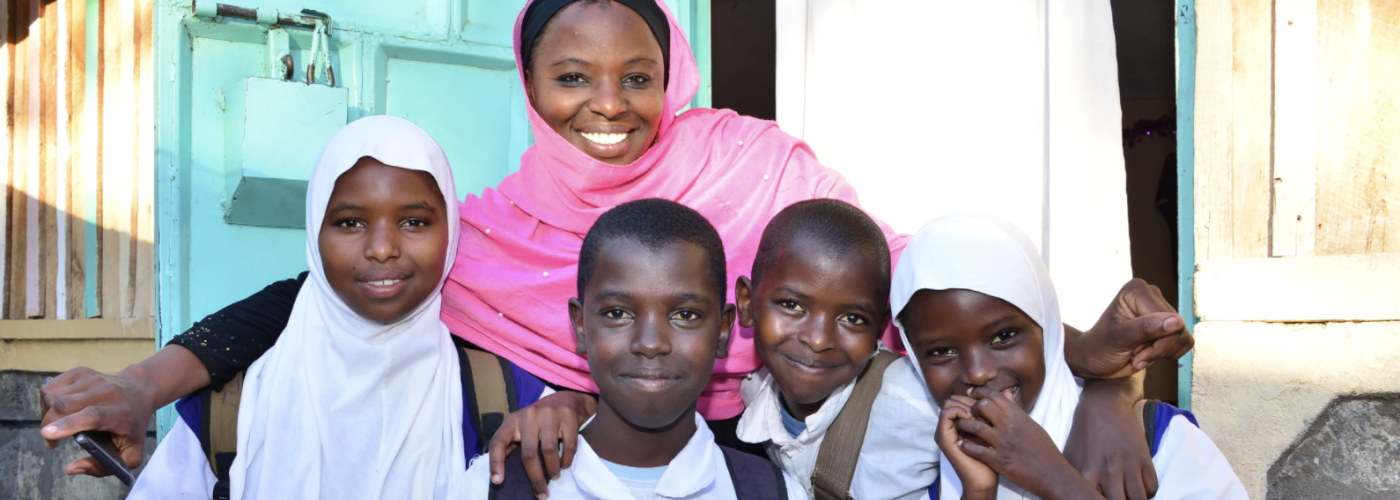Strengthening the Care Economy to Promote Human Capital Development
Image

This post was authored by Jamie Gow, Sonali Master, Sweta Saxena, and Micaela Arthur.
Around the world, when caregivers leave the home for work, they leave many young children unsupervised. Low-income and marginalized households are particularly burdened with making these difficult decisions. Women in the informal economy may be in temporary work arrangements or they may be migrants who have moved away from their network of family and friends, who otherwise would have helped with caretaking duties. Without access to childcare, women are often forced to accept less-desirable jobs as a trade-off to having the flexibility to provide care. Moreover, many early childhood care and education programs that prepare children for primary school do not operate on a full-day system, leaving a limited number of hours for women to engage in paid work. Another barrier is a lack of childcare options in communities where informal economy workers live and work. Increasing the availability of affordable, safe, and quality childcare prevents children from being left unsupervised and allows them opportunities to grow socially, cognitively, and emotionally.
Low-quality and inaccessible child and elder care often leads to older children in a family - almost always girls - taking on caretaker responsibilities. This means that girls are not able to attain their desired level of education. Furthermore, when older children take on the role of caregiving to their younger siblings, younger children can miss out on opportunities for growth that trained and experienced caregivers can provide. Older girls are among those who will benefit the most from investments in the care economy. Strengthening the care economy can make society more equitable and transform the lives of children, women and men, in all their diversity, and their families. Investing in quality care can lead to millions of jobs globally (including for youth), enhance early childhood development, and advance economic opportunities for everyone. Greater investment in care could create almost 300 million jobs (see this ILO report).
Research indicates that in low- and middle-income countries, 43 percent of children under five risk not reaching their developmental potential. The care economy is an area of incredible potential to address this loss of human capital. It is relevant to the U.S. Government’s mandate to implement the Global Child Thrive Act and to build strong beginnings. Early childhood is a critical window of opportunity to shape the trajectory of a child’s development and build a foundation for the future. Investing in children's earliest years is key to eliminating extreme poverty and boosting economic growth. Such investments can lead to benefits well into adulthood, such as attaining a higher level of education later in life, or avoiding involvement in criminal activity. These investments affect social determinants of health as they lower the risk for health conditions in adulthood. In addition, all of these benefits are associated with higher earnings. Families must be supported to provide nurturing care and have access to services such as affordable, quality childcare when desired. USAID supports a family strengthening intervention that focuses on ensuring all caregivers, including fathers, recognize the important role they play in raising their children.
COVID-19 has exposed significant weaknesses in the care system. Promoting and sustainably financing universal health coverage goals and social protection systems are a policy lever that can provide equitable access to quality health coverage, social care services, and employment opportunities to those most vulnerable. There are gendered dimensions of social protection in the COVID-19 context, and experts around the world are recommending a transformation of the current care economy model in the COVID-19 era by implementing policies that support flexible work arrangements for caregivers; recognizing paid and unpaid workers as essential; increasing access to child benefits; promoting decent care jobs with formal labor protections and benefits; implementing gender-responsive workplace policies; and providing access to quality child and elder care. USAID aims to address these areas by partnering with countries to support social protection schemes that incorporate multiple development sectors and reach children, girls, and women.

